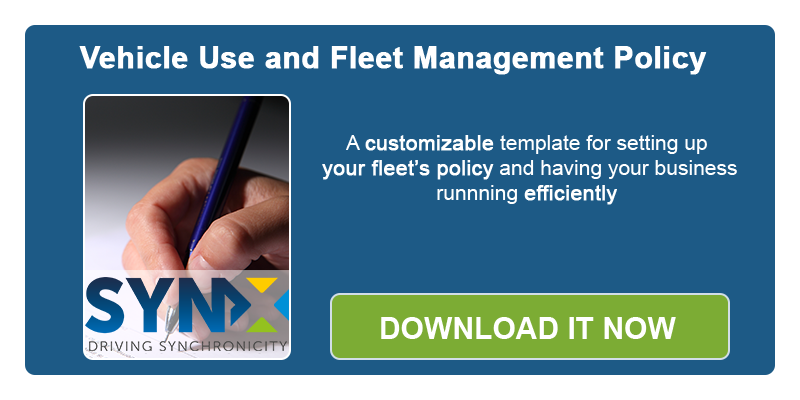Budget constraints, in both small and larger companies, are becoming increasingly important. Every day the challenge is to rein in expenses whilst maintaining top quality customer service.
Saving on fuel expenses is usually what motivates a company—especially a transport business—to look for technological solutions, as fuel costs are probably the single, biggest overhead for such enterprises.
Although a major advantage, this isn’t the only reason to incorporate vehicle tracking into your company. Here, we examine the three main advantages that tracking technology offers.

1 – Vehicle tracking will help you improving on safety
The risks for those who drive for work are higher than average and are affected, to a greater or lesser degree, by different factors. Vehicle maintenance, if not scheduled regularly, is one of these factors, as is a driver’s behaviour on the road, the choice of routes taken, and the extent of an employee’s training.
Tracking systems can help improve road safety by keeping tabs on vehicle servicing, and by automatically prompting you with alert systems on what needs to be done.
The same systems can monitor your employees’ driving habits—whether they observe speed limits, or the aggressiveness of their driving style, for example, even noting whether the doors of the vehicle are kept open when they shouldn’t be? This might sound a little creepy, but if conducted in the spirit of health and safety, hopefully everyone will see the benefit.
With vehicle tracking, you are able to check on routes travelled by drivers and find out if there could be a safer or shorter alternative.
The system as a whole can provide useful data for setting up corrective actions, and help you to schedule any appropriate training.
2 – Vehicle tracking helps you cut on costs
Fuel costs do not have to be seen as “fuel prices”. You may be purchasing fuel at the cheapest possible price but do not have an efficiently organised fleet to properly capitalise on the advantages of cheaper fuel.
By having a tracking system in your company you can determine which driving behaviours to adopt in order to see your fuel consumption drop. You can also optimise routes (locating the closest driver for a dispatch, for example) and detect misuse of vehicles or fuel cards/cash for buying fuel.
Having a fleet monitoring system means also cutting out some of the tedious admin and paperwork; because some of them have fuel card integration, you can check up on invoicing, billing and expenses, 24/7—even from a mobile device.
3 – Vehicle tracking makes your fleet more efficient
Fleet monitoring allows you to locate a vehicle at any time; you won’t need to keep calling your drivers to ascertain their position (another expense cut) and you will be able to accurately update your client as to a driver’s estimated time of arrival.
You will also be able to improve productivity by allocating dispatches more effectively, determine better routes, plan employee schedules and anticipate potential problems.



